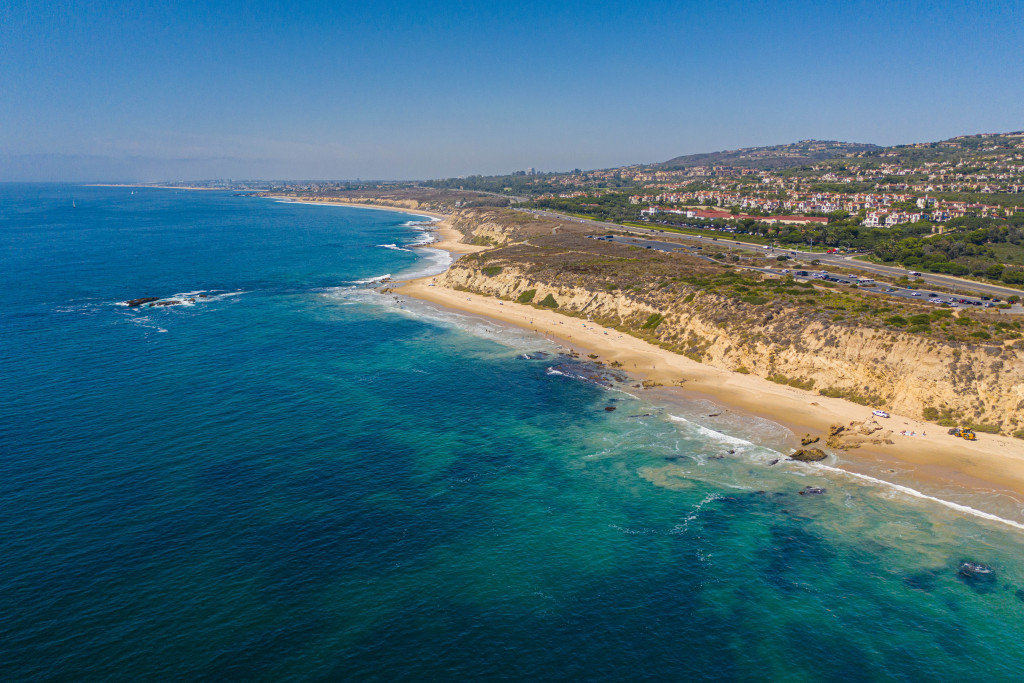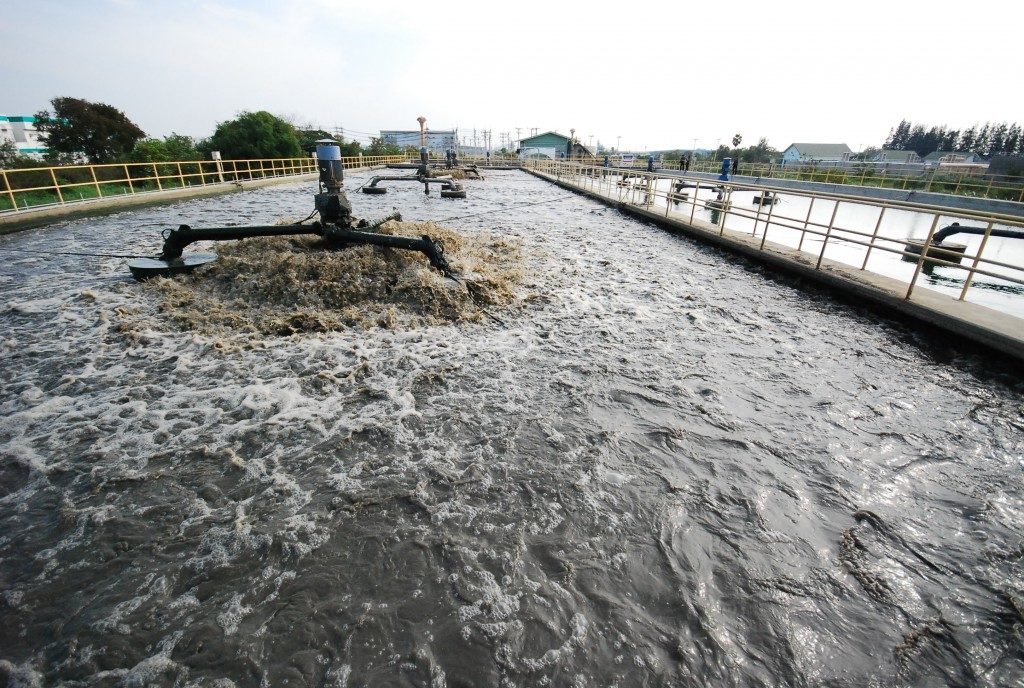The National Ocean Service stated that 127 million Americans live in coastal counties; that’s 40% of the entire US population. The idea of living in coastal areas or places near a body of water has always been attractive to most people. Living near the water has a relaxing effect that is very important to a person’s health.
Though living near the water is appealing, some problems go along with it. According to the Environmental Protection Agency, people living in coastal communities are prone to coastal flooding. This is especially alarming these days as climate change continues to affect the world.
Aside from this, living in beach homes has its challenges.
Problem in paradise
The ocean is literally salty water. As saltwater evaporates near your coastal home, the water disappears but leaves salt deposits behind. It can build up on the nooks and crannies of your home, such as your window. When it’s left unchecked, salt can lead to corrosion.
Corrosion is defined as the deterioration of metal as it reacts to its environment. Take note– the environment is a key factor in corrosion. The phenomenon is said to occur due to chemical and atmospheric factors. Atmospheric corrosion is its most common form.
Corrosion happens when a metal comes into contact with acidic substances. The main culprit is water. Water contains oxygen; oxygen aids in corrosion when it comes into contact with iron. Iron is used in constructing most homes; when you’re living in a home near the water, you can already predict what happens next.
Corrosion is manifested through rust. The scientific name of rust is iron oxide, which is literally the combination of oxygen and iron. Rust is that reddish-brown spot you see in your home, and it’s definitely not attractive. Aside from decreasing your home’s aesthetic appeal, it can compromise its structure, too, making your home unsafe. Corrosion can damage your furniture as well, especially those outdoors.
Aside from corrosion, your beach home is always exposed to high levels of humidity. Mold and mildew are just some problems that come with this. This can also create unpleasant odors in your home, material degradation, and health risks to you and your family.
Protect your beach home

As corrosion is the main issue most homeowners experience when living by the water, we focus on some solutions that can help them.
To prevent your home, or even your car, from corrosion, rust protection is necessary. Applying protective coating on corrosion-prone surfaces can prevent the contact of harmful substances to your home’s iron or steelwork. To do so, regularly use protective sprays or invest in high-quality paint specifically made for coastal homes.
Consider using protective breathable ceramic paint for your beach home. With a ceramic base, chipping will be lessened. Though a beach setting is relaxing for you, it can put a lot of stress on your home. Salt deposits, for instance, are like crystals that can scratch your paint’s surface. Having dependable paint will solve your rusting problem.
Annual home inspections also allow you to take necessary actions to avoid severe damages to your property. By doing inspections, you will know which parts of your home needs to be repaired or replaced.
If you’re planning to build a beach home, it will be wise to invest in materials that can withstand the coastal environment. We have talked about using high-quality paint already, but it is also important to employ a professional; doing so will ensure that you have excellent exterior paintwork that will last.
Weather-resistant metals also exist, and you can use them on the exterior of your beach home. Metals that can withstand extreme weather include stainless steel with a chromium oxide layer. It also includes copper and aluminum. When talking about quality versus aesthetics, the wisest metal to use for your beach home is galvanized steel. This type of steel is the most weather-resistant.
Another option is anodized aluminum. Anodized aluminum is better than the regular one as it has a thicker layer of oxide which can prevent oxidation; oxidation is also a cause for rusting. By using this type of aluminum, your home is better protected. You can use this material on your beach home’s window frames.
For the floor, tiles and concrete are excellent choices. These materials can withstand water, sea mist, and salt. Concrete has a little more edge, though, in the sense that cracks may look natural, while a tile may need replacement when it chips. Timber, on the other hand, can collect mold and mildew, but if treated with appropriate sealants, it can be made weather-resistant, too.
With all these solutions, you are now well-equipped. Now, nothing is stopping you from living that beach life.





